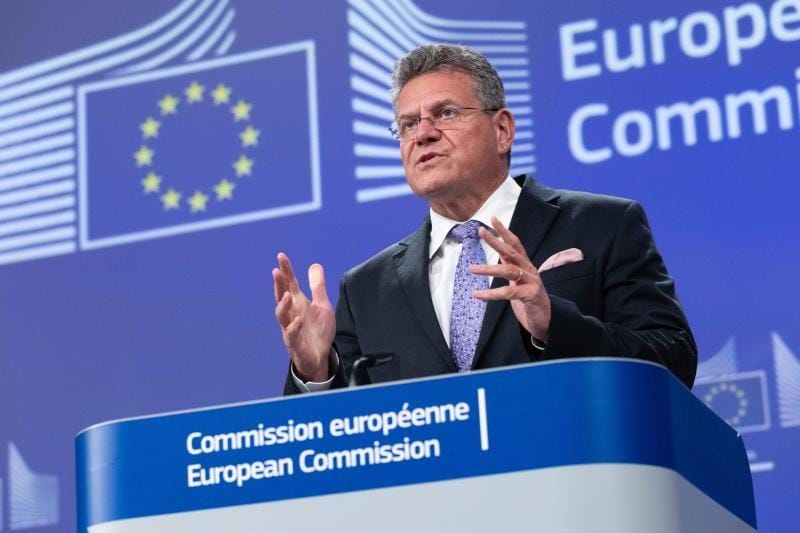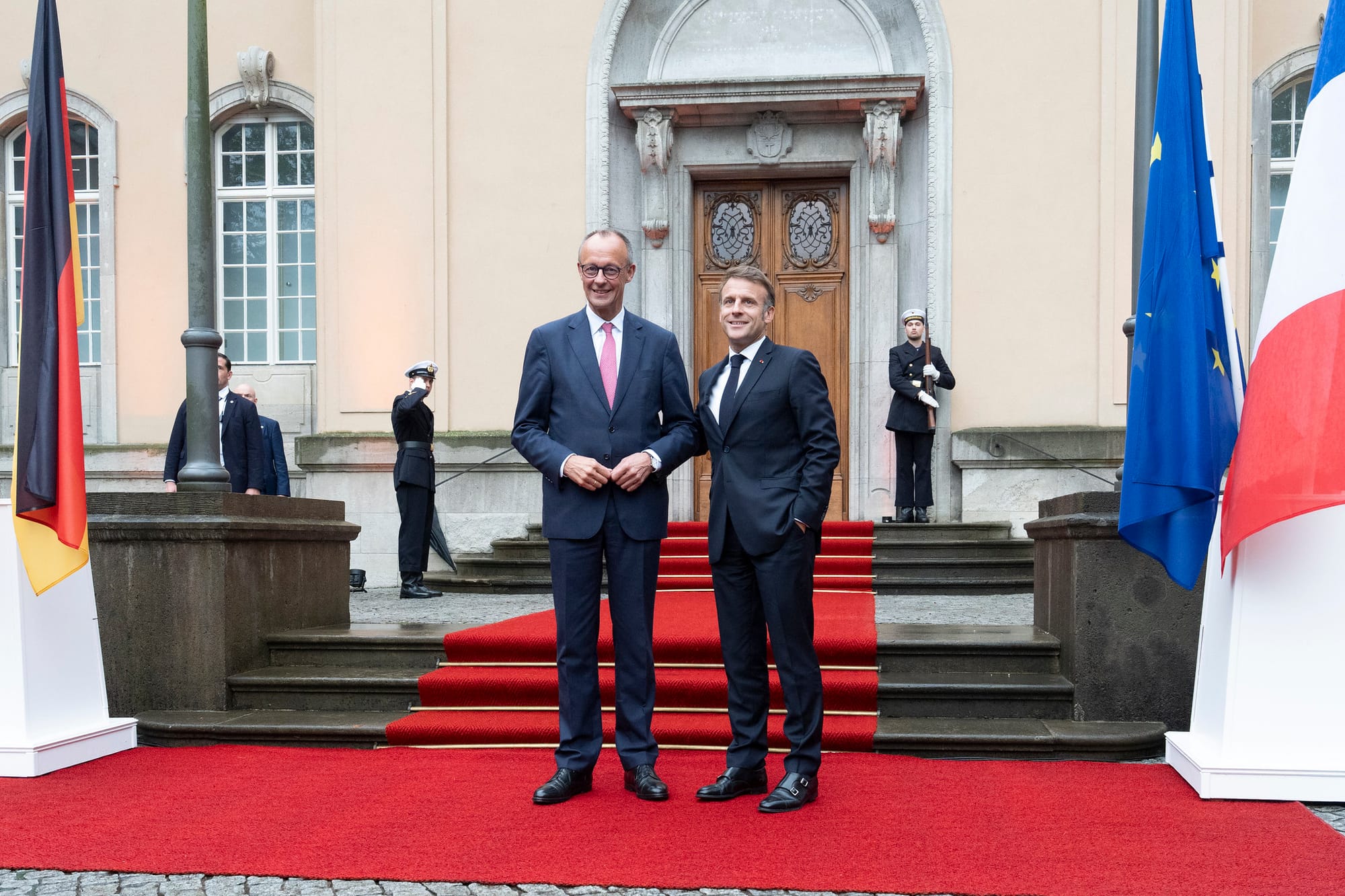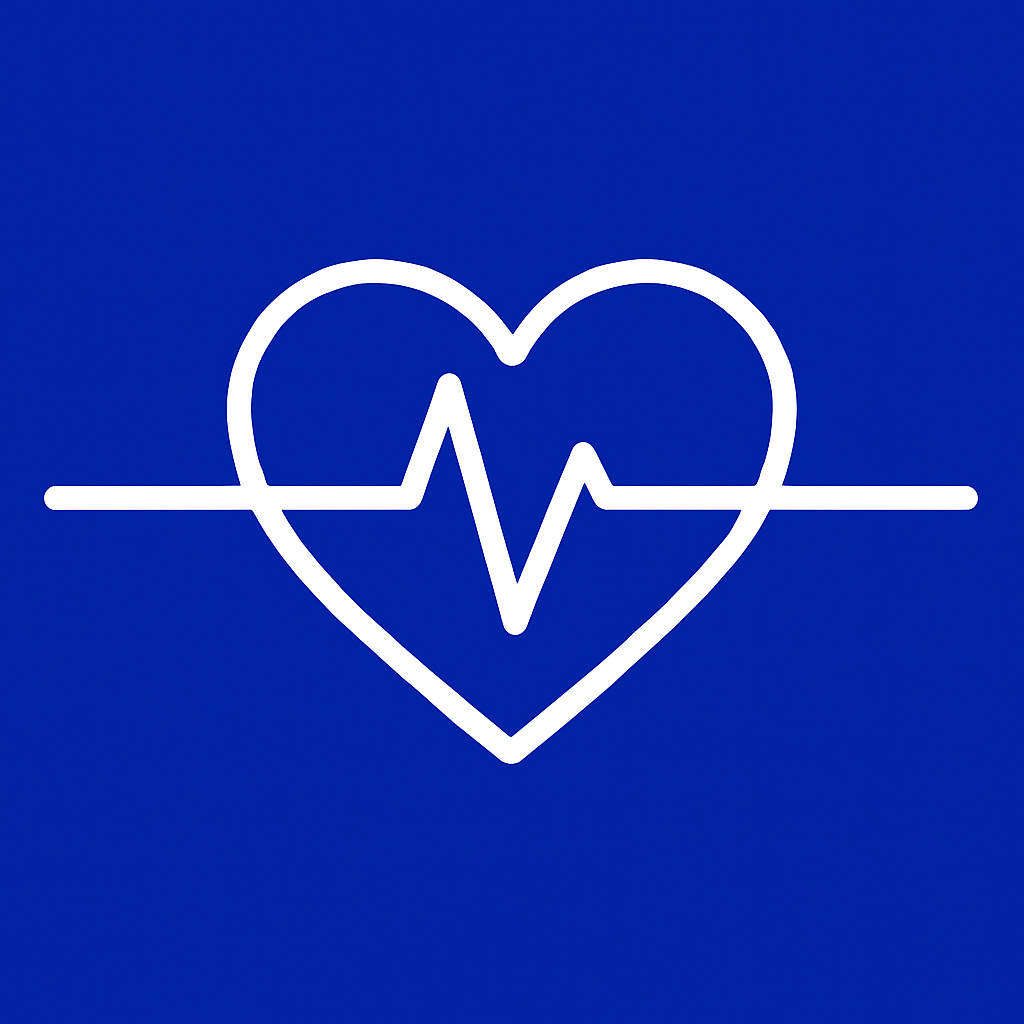Pharma seeks strategic dialogue to secure its future

Welcome to the first Vital Signs post!
EU/US Trade: While many of us will have used the summer break to recharge our batteries, spare a thought for Maroš Šefčovič, EU Commissioner for Trade and Economic Security, who was locked in negotiations with the United States throughout July and August, working out the details of a trade deal between the EU and the US. Find the joint statement here.
Šefčovič announced that Europe’s APIs (active pharmaceutical ingredients) and the generic sector will escape the worst and be subject to US most-favoured nation (MFN) tariffs that are likely to be close to zero.
Branded pharmaceutical companies could breathe a small sigh of relief, as their tariffs will be capped at 15%, including any tariffs imposed for US national security reasons (Section 232 actions). Not great, but at least not as bad as the 200% tariffs initially threatened.
There is room to manoeuvre, as the negotiators may be able to reach further agreements on other sectors and products, “that are important for their economies and value chains [where] only the MFN tariffs would apply."
As the inflationary effect of tariffs is felt by US consumers, enlightened self-interest might lead to more flexibility from across the Atlantic.
The Director General of European Federation of Pharmaceutical Industries and Associations (EFPIA), Nathalie Moll, said: “With a potential 15% U.S. tariff on pharmaceuticals, no clear path for exemptions for innovative medicines and no visibility on future trade and pricing policies, we remain concerned for the future of patients and our sector in Europe.”
EFPIA estimates that the cost of the 15% tariffs on pharmaceutical exports will be approximately €18 billion.
A U.S. Court of Appeals ruling on Friday (29 August) found that the President had exceeded his powers for some of his proposed tariffs; at the moment, they remain in place. The U.S. Supreme Court is expected to rule in mid-October.
Never waste a good crisis: Moll is calling for an urgent “Strategic Sector Dialogue” with the Commission and member states to secure the industry's future in Europe. “We need real solutions to level up pharmaceutical investment in research, development, and manufacturing.”

Franco-German engine supports revision of urban wastewater directive
Meeting in Toulon for the 25th Franco-German Council of Ministers (29 August), President Macron and Chancellor Merz presented a detailed programme of joint projects and shared positions on topics ranging from energy to digital sovereignty.
The message was that the French and German were still providing leadership as “the engine” in reinvigorating European competitiveness.
One proposal that the pharmaceutical sector will particularly welcome is a call on the Commission to launch new initiatives to simplify legislation, including “a targeted simplification” of the Urban Wastewater Directive.
The legislation requires the pharmaceutical and cosmetics industries to bear the costs of additional quaternary wastewater treatment. The legislation was agreed upon in 2024 and seemed to fly under the radar of the pharma lobby at the time, passing through the legislative process without much fanfare. EFPIA and Medicines for Europe, which represents the biosimilar and generic pharmaceutical sector, are challenging the Directive in the EU’s General Court.
Adrian van den Hoven, Medicines for Europe’s Director General, has described the legislation as discriminatory and disproportionate, saying “[It] is completely unworkable, and threatens patient access as well as security of supply of medicine."
Van den Hoven said that the data shared by the Commission confirms that the proposal was based on incorrect calculations of the impact of medicine consumption on urban wastewater.
Franco-German support for a revision will be warmly received.
Consultations opened during the summer
EU plan for cardiovascular health: Aiming to improve the health of citizens through prevention, early detection and treatment; increasing innovation; and boost the market capabilities and competitiveness of the EU health industry. Closes: 15 September.
Protecting workers against cancer-causing substances at work: The consultation concerns the latest scientific & technical developments. Closes: 21 October.
